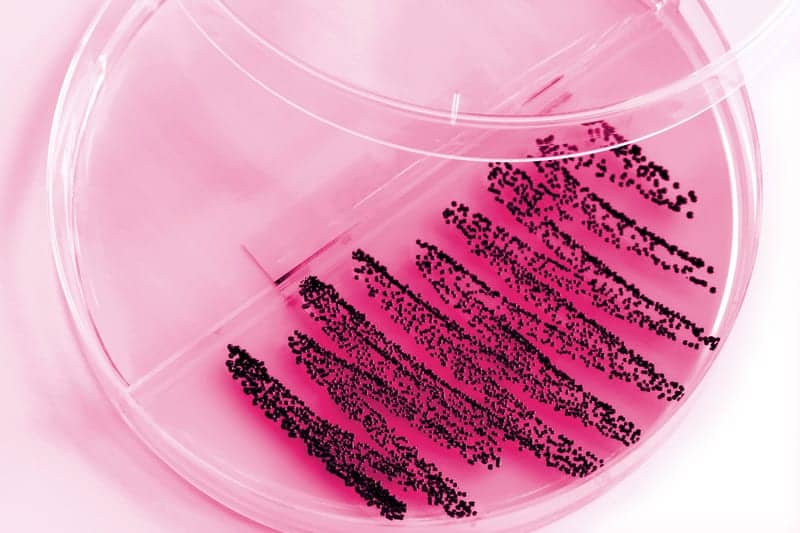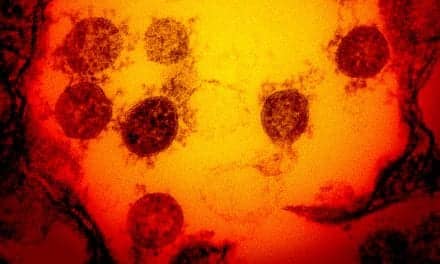According to Science Daily, by identifying specific ‘helper’ cells whose role in the immune response is critical in affecting infection outcomes, immunologists have discovered a piece of the MRSA puzzle.
To date, around eight promising candidate vaccines have failed in clinical trials, despite showing promise in pre-clinical models. Traditional approaches to vaccine development have thus failed to develop an effective weapon against MRSA.
We now know that cellular immunity (involving ‘T-cells’) is vitally important in protection against S. aureus infection, because individual T-cell subsets are very important for activating phagocytes — the immune cells that ingest and kill bacteria.
Dr McLoughlin and her colleagues found that ‘T-helper type 1 cells’ were elevated in patients following S. aureus infection. Their model vaccine, which jolted these cells into action, improved infection outcomes. The results therefore support the design of vaccines that specifically target these cells in humans.
Dr McLoughlin said: “This study demonstrates the importance of truly translational research. Using pre-clinical models we identified an immune mechanism important for protection against S. aureus infection, but it was via collaboration with clinicians at three Dublin teaching hospitals that we were able to translate these findings to show the same mechanism of immunity is relevant in human infection. Our findings will directly inform the design of next-gen anti S. aureus vaccines and could significantly increase our chances of realizing an effective vaccine to protect patients from MRSA.”










